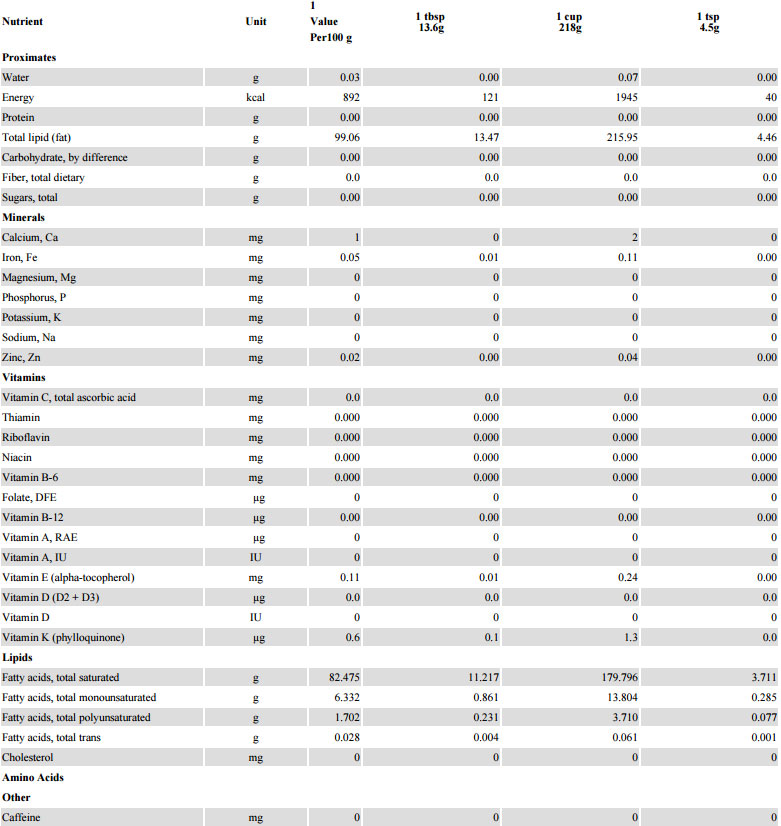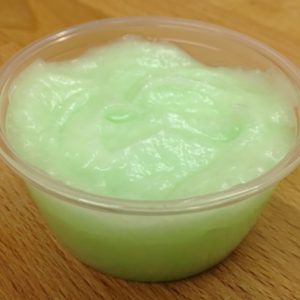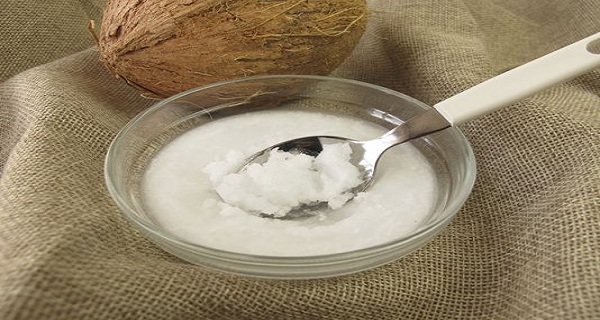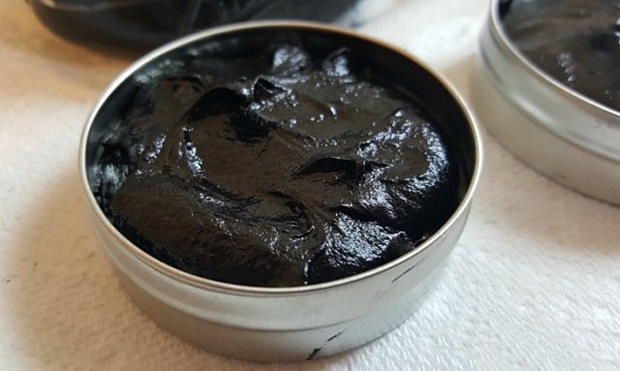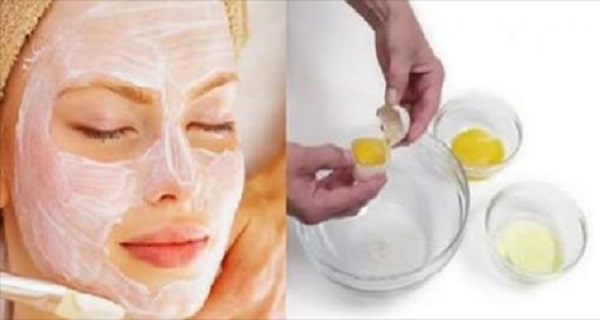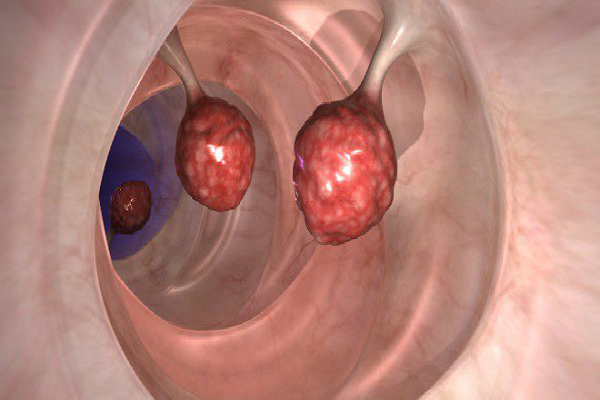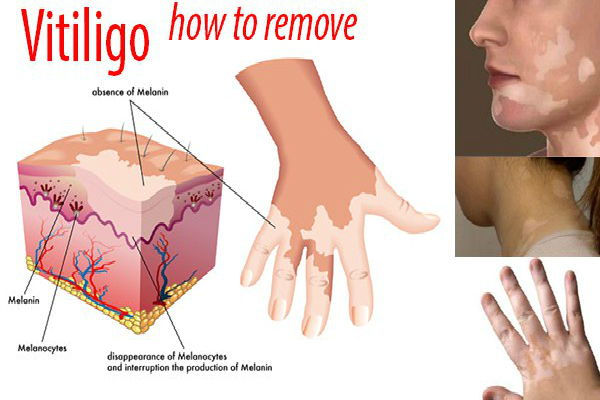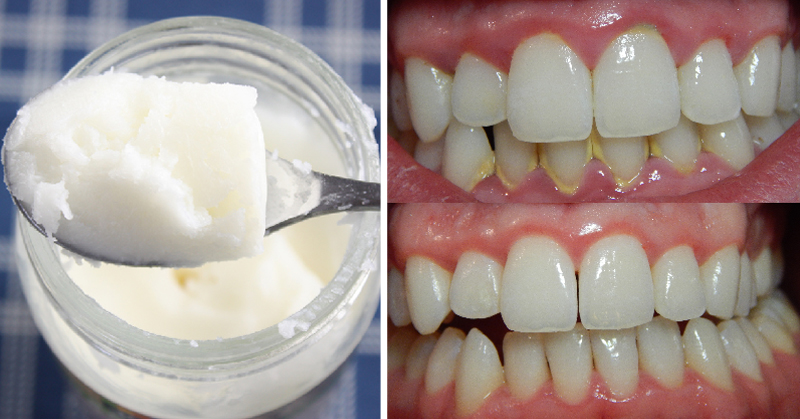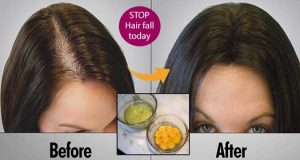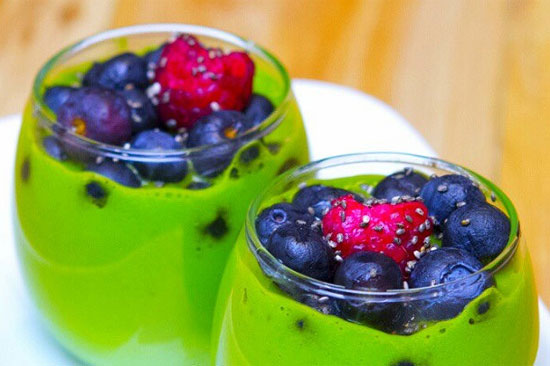Coconut oil is about 90% saturated fat, which is a higher percentage than butter (about 64% saturated fat), beef fat (40%), or even lard (also 40%). Olive and soybean oils, for example, are about 15 percent saturated. Too much saturated fat in the diet is unhealthy because it raises “bad” LDL cholesterol levels, which increases the risk of heart disease. So it would seem that coconut oil would be bad news for our hearts.
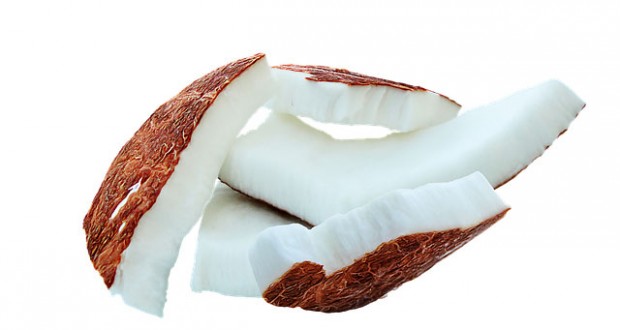
But what’s interesting about coconut oil is that it also gives “good” HDL cholesterol a boost. Fat in the diet, whether it’s saturated or unsaturated, tends to nudge HDL levels up, but coconut oil seems to be especially potent at doing so.
Coconut oil claims are primarily based on the reported beneficial effects of MCTs. About 58% of the fatty acids in coconut oil are medium-chain fatty acids—caprylic (7.4%), capric (5.9%) and lauric acid (44%). Because medium-chain fatty acids are saturated, 87% of the total fatty acids in coconut oil are saturated
MCTs are transported directly from the intestinal tract to the liver, where they’re likely to be directly burned off as fuel and raise the metabolic rate slightly.That means less is available to be circulated throughout the body and deposited in fat tissues.
Nutrition facts
Benefits
At room temperature coconut oil is solid and doesn’t go rancid quickly. That makes it attractive to many candy makers, who use it in chocolate, yogurt, and other coatings that don’t melt until they hit your mouth.
Coconut oil also has a growing reputation of being a viable “non-toxic” natural ingredient to use as a skinmoisturizer and hair treatment. Learn how to make homemade cold pressed Coconut Oil in the following video:
Special Precautions & Warnings:
- Stay on the safe side and avoid use during Pregnancy and breast-feeding
- Avoid using coconut oil if you have diabetes as it can cause certain chemicals called ketones to build up in the body. This can be a problem for people with diabetes.
- Because MCTs are processed primarily by the liver, they can cause serous problems in people with liver disease. Do not use MCTs if you have cirrhosis or other liver problems.
- Although single-use heating of coconut oil appears to be free of harm (use as a home cooking oil) multiple heating (deep frying) may be associated with production of polyaromatic hydrocarbons, a carcinogenic compound, which is common to all tested fatty acids
- There is no scientific evidence that coconut oil protects skin from sun damage.

